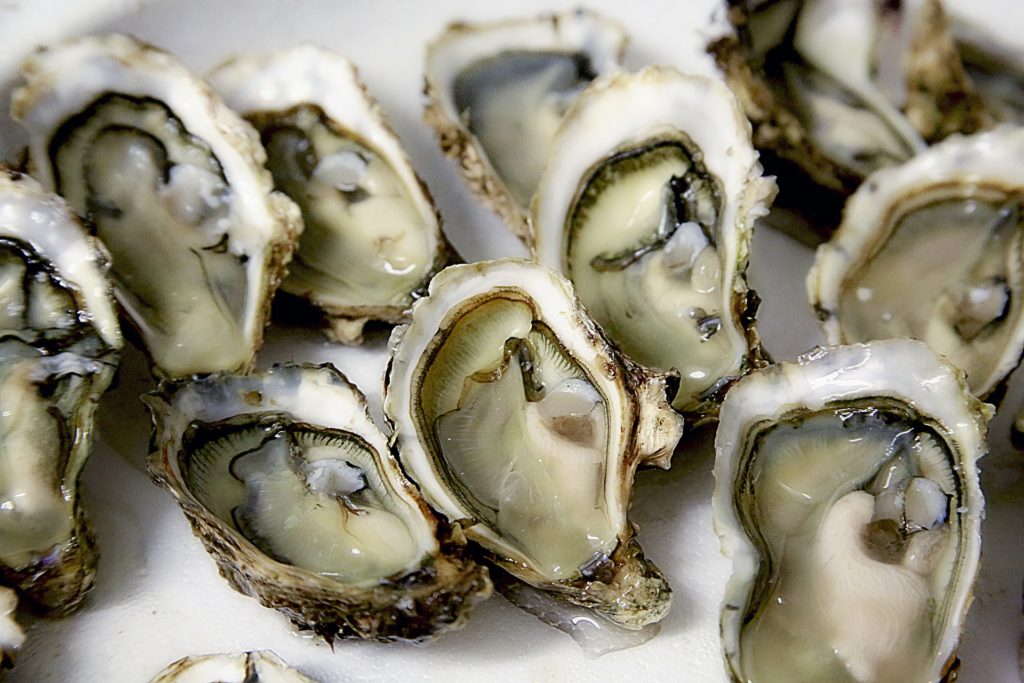Study finds pesticides can affect seafood
New research from Southern Cross University has uncovered some troubling impacts of pesticide run-off in coastal agricultural areas. Researchers from the univerity’s National Marine Science Centre have found that imidacloprid, a neonicotinoid agricultural insecticide used in Australia, can impact the feeding behaviour of prawns in a lab environment, leading to nutritional deficiency and reduced flesh quality.
“The sobering thing with this study is that it shows that the exposure of prawns to high concentrations of neonicotinoids can have such a significant impact,” says lead study author Peter Butcherine, whose study focused on adult black tiger prawns.
“If they’re not well managed, these chemicals have the potential to affect the productivity and sustainability of cultured and capture prawn fisheries.”

This latest study builds on Butcherine’s earlier work reviewing the risk of neonicotinoid exposure to the shrimp aquaculture industry where he identified a significant problem with these water-soluble pesticides increasingly being detected in coastal waters worldwide.
Prawns and shrimp are in the same animal category as insects and so share similarities in the nervous system that’s the main target for neonicotinoids, explains Professor Kirsten Benkendorff, study co-author and Director of the National Marine Science Centre.
“This means prawns and shrimp are vulnerable if they become exposed to neonicotinoids through contaminated water or feed, which often contains plant-based material,” she says.

Sydney rock oysters are also impacted by imidacloprid, according to the findings of a separate study co-authored by Professor Benkendorff.
“These two studies indicate both crustaceans and molluscs are vulnerable to insecticides, weakening their immune system and leaving them susceptible to disease,” she says.
Further study is required to understand the range of pesticides in Australian waterways and their impacts on estuarine environments, however this research highlights the need for effective management of pesticide use and run-off from intensive agriculture in coastal areas with productive seafood industries.









